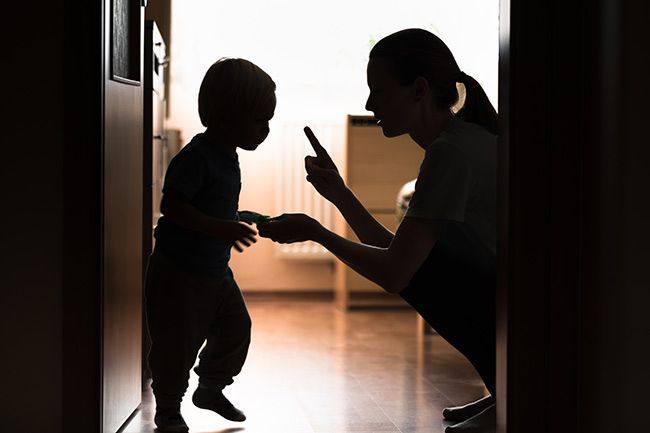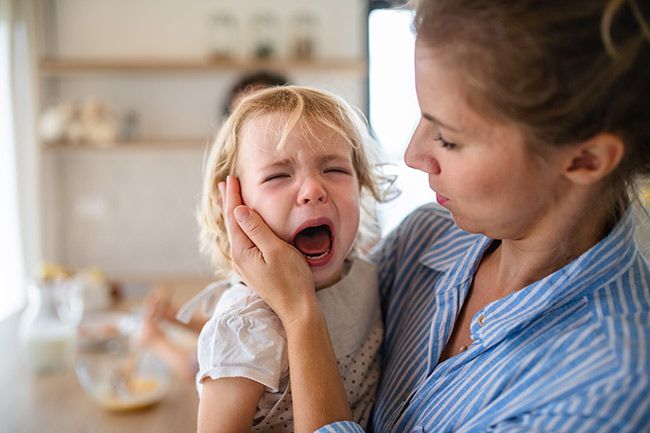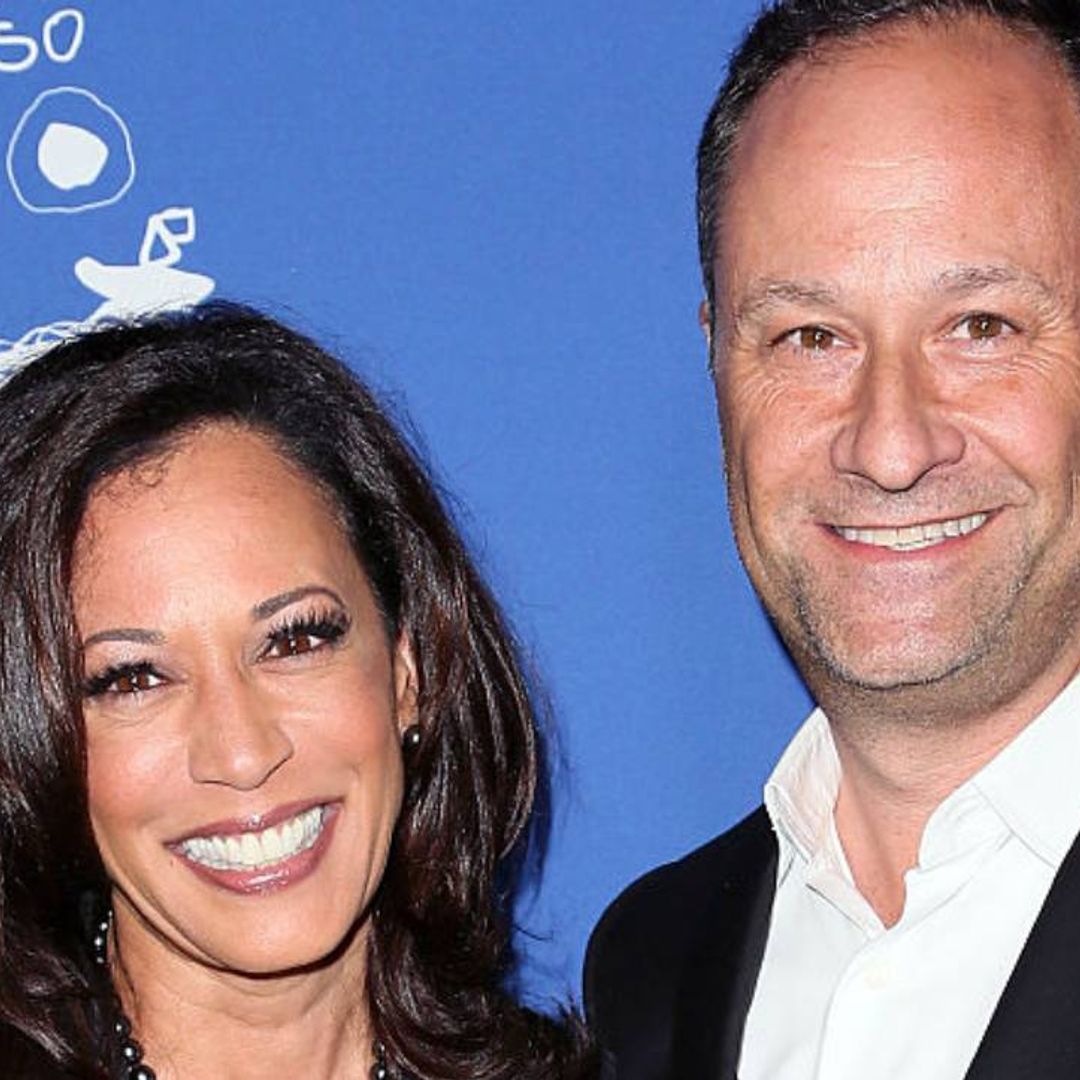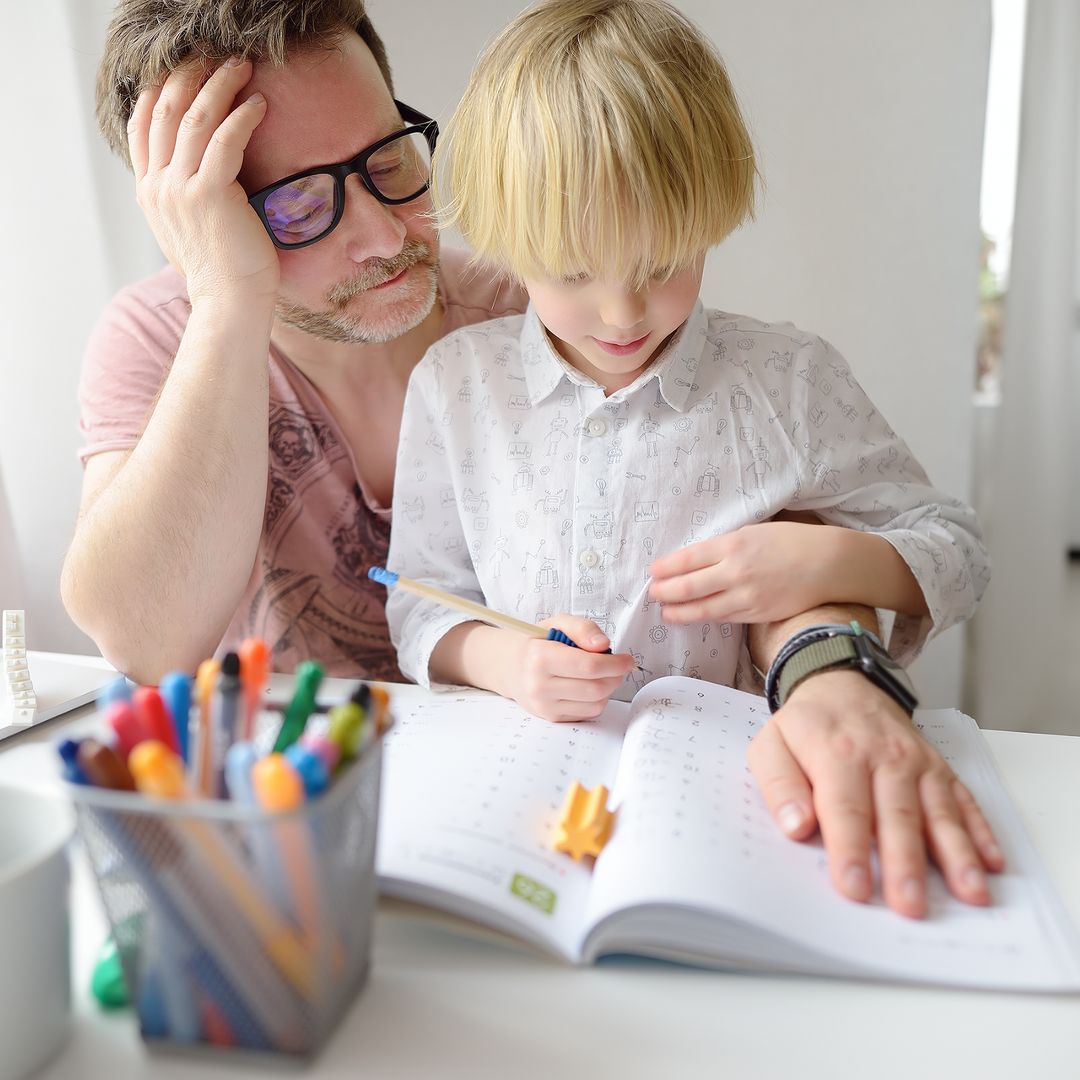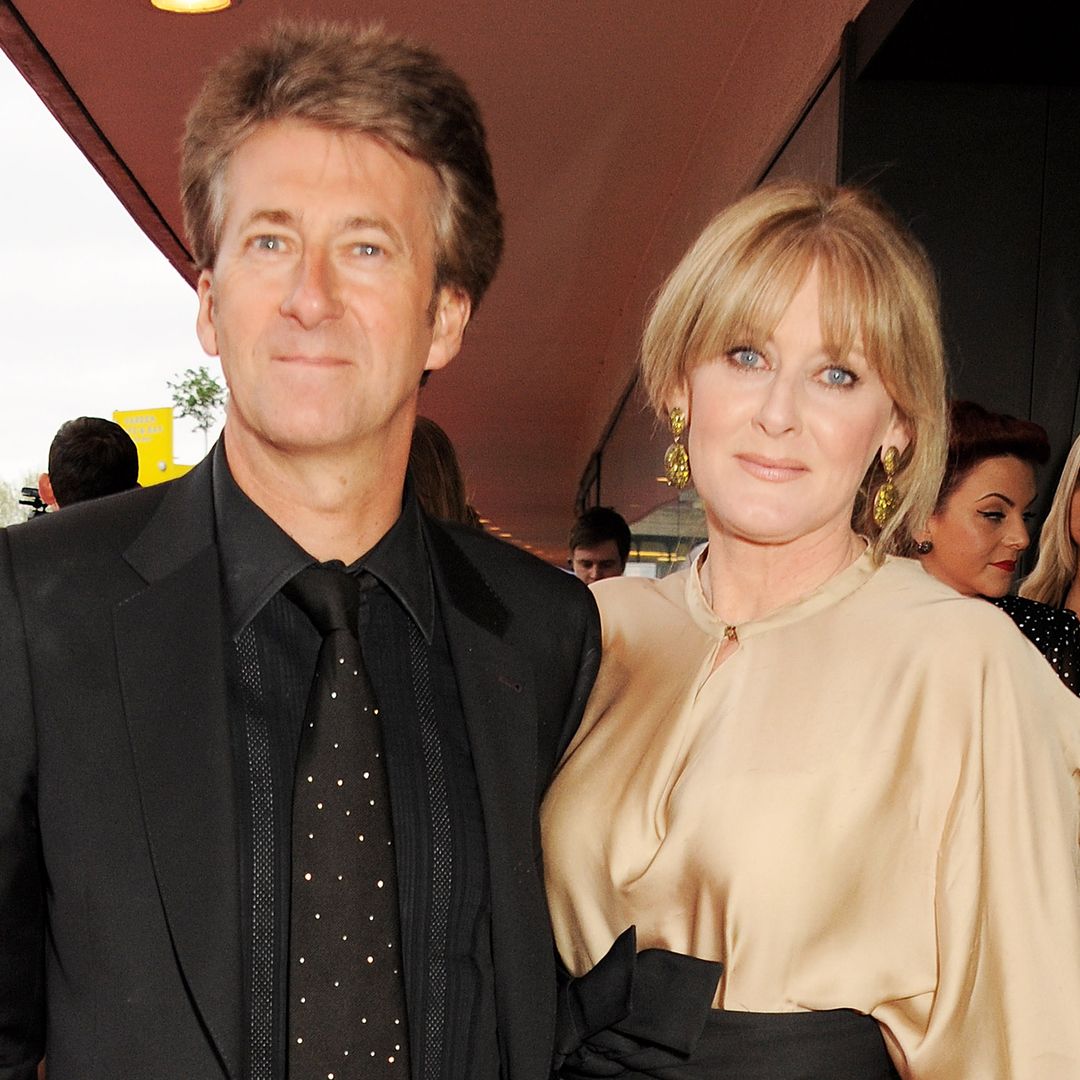Tantrums are a common and normal experience when parenting toddlers, but there's no denying that screaming, crying and lashing out can test even the calmest of parents.
You may have noticed certain triggers that cause your child to have a tantrum, whether it's hunger, tiredness or frustration, but there are many common reasons for them – and thankfully, many ways to gently diffuse the situation to help everyone to feel calm and regulate their emotions without creating a big scene.
Heidi Skudder, a parenting coach, has shared the lowdown on why toddlers have tantrums and how to prevent them, and her parenting advice is sure to be invaluable to any parent of young children.
MORE: When do babies start sleeping through the night?
How to handle toddler tantrums
"Our understanding of our children and their emotional development has changed rapidly over the last ten or so years, with more parents than ever taking time out to really understand the behaviour of their children, and hoping to parent in a way that not only works for them, but in a way that promotes life-long emotional connection with their child too," Heidi says.
MORE: What is gentle parenting? How to practice the technique with your children
"This is something that many of us didn't have in previous generations gone by. It is not uncommon for clients to recognise the phrases we all heard regularly as small children including 'stop crying' and 'don't be silly' – as part and parcel of childhood."
Our understanding of how to handle tantrums has changed rapidly
The parenting coach adds: "Our parents were doing the best job they know how to do, without parenting books, Instagram and a vast range of resources, not to mention that understanding that we do now have on children. Times have changed, and the way in which we now deal with big feelings, including tantrums, is and should be, very different!"
1. Take a deep breath
When your toddler starts a tantrum, the first tip I give to clients is always to stop and breathe. This means taking a deep breath, sometimes counting to ten, before then responding. We want to respond to our toddler, rather than react to them and this short but powerful breathing exercise, puts us into a more relaxed state to deal with the emotions and tantrum in a more rational way.
READ: Stressed out parent? Try these relaxation tips from a psychologist
MORE: How mums can manage their mental load
2. Support your child
After this, we want to take a moment to think about what has just happened. How is your toddler feeling? Can you name the emotion that they are experiencing right now? As adults, we have a tendency to try and take away our children's negative emotions, but actually ALL emotions are valid. They are allowed to be sad, upset, frightened, or disappointed, and your job as a parent is not to take the emotion away but support them through it.
3. Consider your response
A hug may be helpful for some children
Some toddlers will respond really well to touch when they are upset and offering them a hug may be really helpful. For others, no talking to touching is going to help and you are better off sitting close by, ensuring they don't hurt themselves, but not actually doing anything other than waiting it out. This may feel different to your normal response, but trying to engage with a small child when they are feeling all the feels, so often just doesn't help. They are not able to talk rationally or think about something in the moment, until they are calm and it has passed.
4. Help your toddler to regulate their emotions
Once your toddler starts to calm down, you can then make a pass at helping them regulate and label that emotion. For example "I could see you were feeling so angry when Mummy said no snack, you really wanted the snack didn’t you". When a child feels heard, they feel connected to you and then go on to be more open to expressing and showing their emotions as they get older.
RELATED: The four types of parental burnout and what to do
Small children lack impulse control, which means that they feel something and act, rather than holding it in. In some ways this is really refreshing and a lot of adults could learn from this, but of course in other ways it is a huge challenge to many parents.
5. Look on the positive side
Remembering that every tantrum or exploding moment your child has, is a way of communicating their feelings, can be the most powerful concept to understand as a parent. By supporting these emotions, rather than pushing them down or away, we are encouraging a generation of more emotionally open, intelligent and aware little human beings…and what more could you possibly want than a child who feels able to express themselves!
Heidi (@heidi.positivelyparenthood) is a parent coach specialising in the early years. Her Toddler Behaviour Course runs regularly and you can find out more at Positively Parenthood.
Like this story? Sign up to the HELLO! Family Hub newsletter to get other stories like this delivered straight to your inbox.


